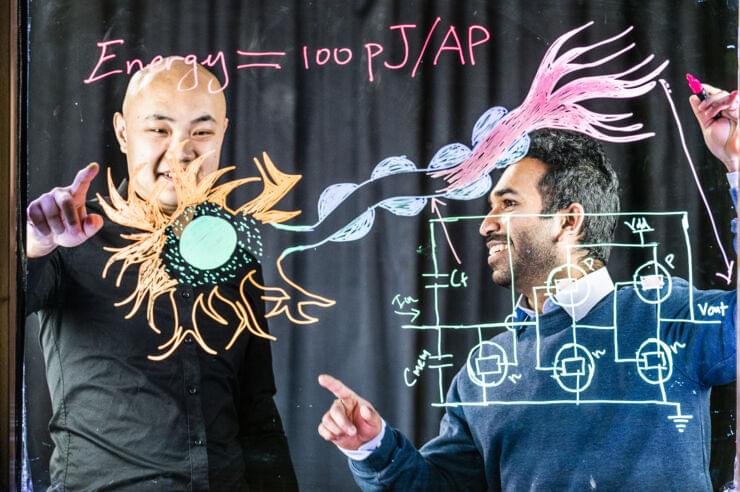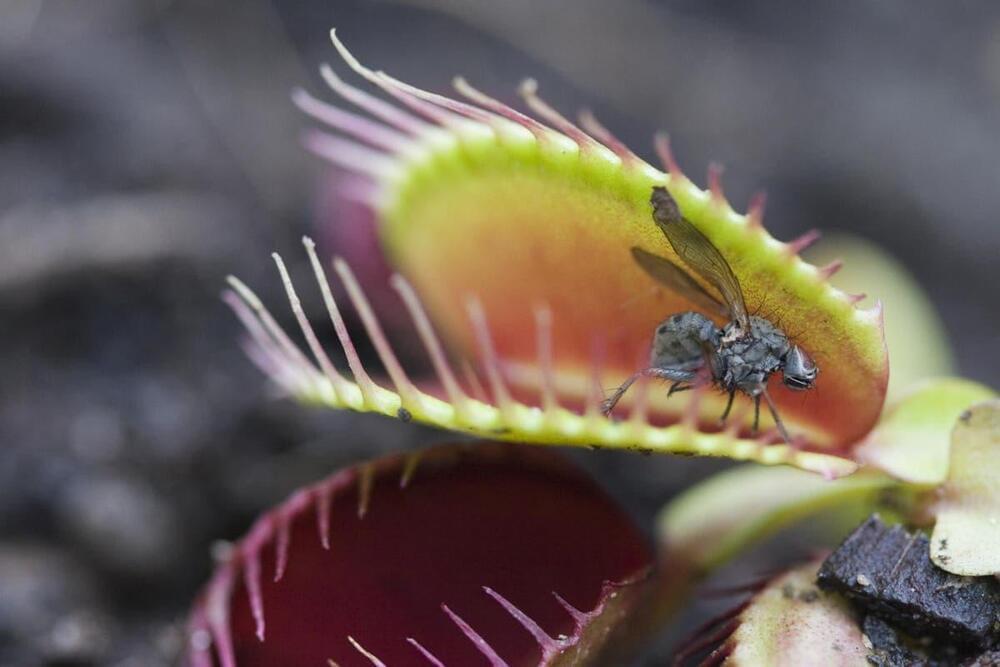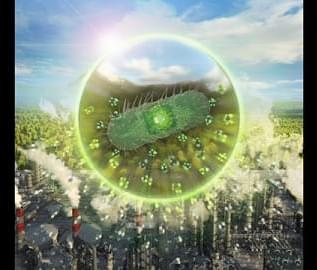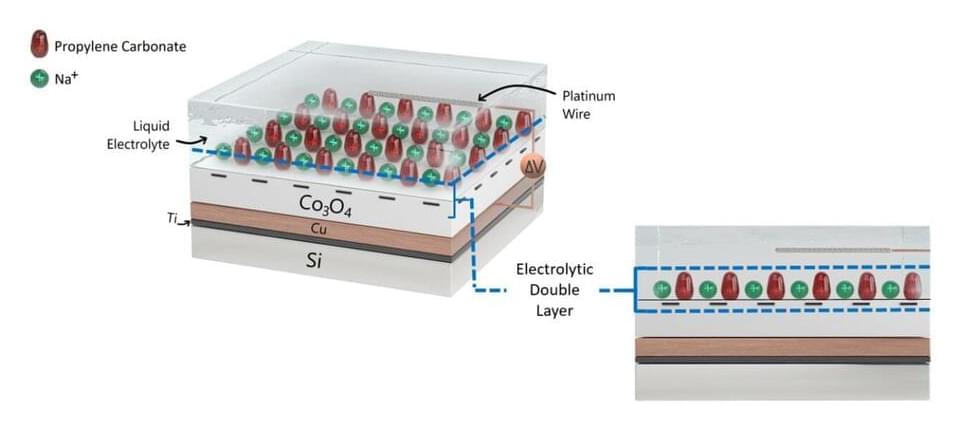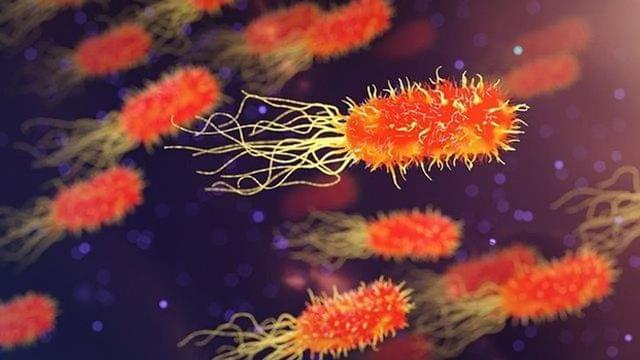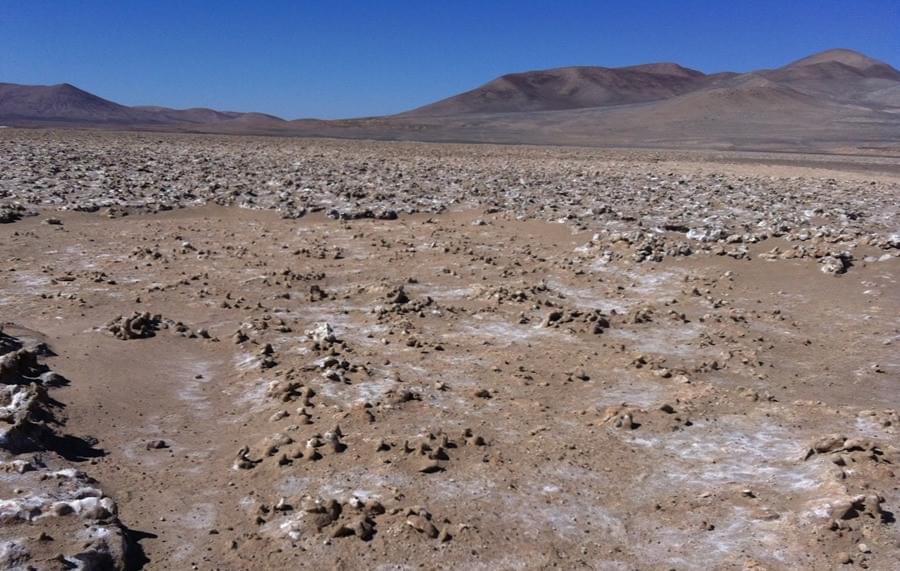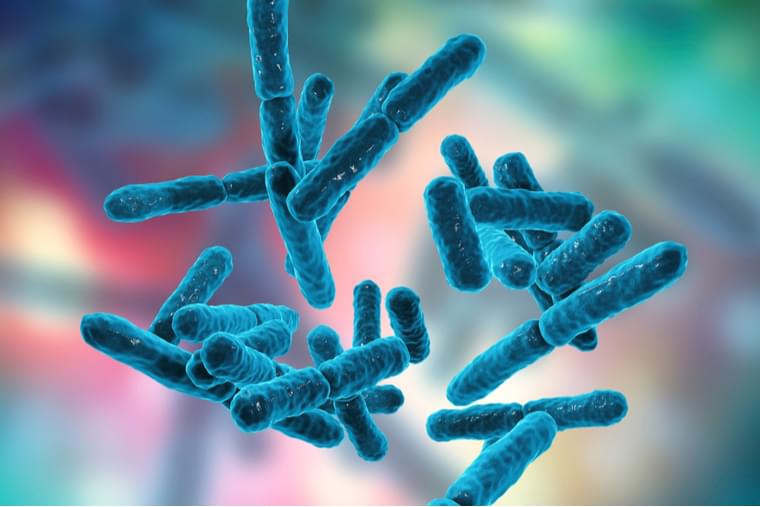Nature is a never-ending source of inspiration for scientists, but our artificial devices usually don’t communicate well with the real thing. Now, researchers at Linköping University have created artificial organic neurons and synapses that can integrate with natural biological systems, and demonstrated this by making a Venus flytrap close on demand.
The new artificial neurons build on the team’s earlier versions, which were organic electrochemical circuits printed onto thin plastic film. Since they’re made out of polymers that can conduct either positive or negative ions, these circuits form the basis of transistors. In the new study, the team optimized these transistors and used them to build artificial neurons and synapses, and connect them to biological systems.
When the transistors detect concentrations of ions with certain charges, they switch, producing a signal that can then be picked up by other neurons. Importantly, biological neurons operate on these same ion signals, meaning artificial and natural nerve cells can be connected.
